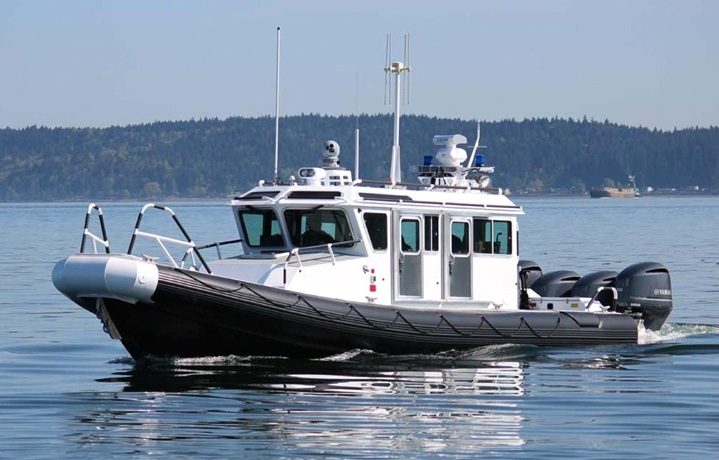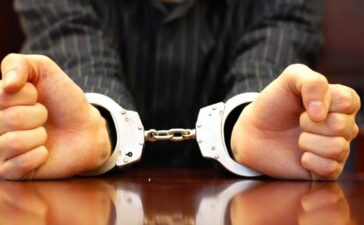Operating a boat or any watercraft while under the influence of alcohol or drugs is a criminal offense. For these types of crimes, states have their laws which they have named “boating under the influence” (BUI), and “boating while intoxicated” (BWI).
The results of this type of criminal offense can lead to incarceration, monetary fines, driver’s license suspension, and even suspension of boating privileges. Local police or the U.S. Coast Guards can enforce boating laws. The boating under influence law includes sailboats, fishing boats, water ski boats, personal watercraft, speedboats, and other watercrafts.
Each year, thousands of people suffer from boating accidents, which lead to severe injuries and even death. One of the most common injuries is Traumatic Brain Injury (TBI). According to a report released by the United States Coast Guard (USCG) in 2011, brain injuries are one of the leading causes of death in boating accidents. When someone is submerged underwater for an extended period of time, these injuries may occur.
If you or a loved one is facing BUI charges, it is recommended to consult with a boat accident lawyer who has hands-on experience in such cases. Visit a website for more information about BUI charges.
BUI Checkpoints
Due to the rise of BUI cases, many states in the USA have deployed checkpoints on waterways. BUI checkpoints are responsible for inspecting and questioning boat operators and passengers to determine influence while boating.
You will find that the working principles of BUI checkpoints are similar to the roadside DUI checkpoints. The motive of these initiatives is to limit BUI accidents and law enforcement at the ground level.
Parameters of Boating Under the Influence
The various parameters that the law enforcement checks during a BUI checkpoint are:
- The condition of the boat
- If There is any open container of alcohol on the boat
- The sobriety of the operator
- The behavior of the operator and passengers
If the law enforcement officials have a reasonable suspicion that the operator of the boat is under the influence of drugs or alcohol, they can conduct further tests to determine impairment.
BUI Regulations for Watercrafts
A boater can be arrested for a BUI case while operating any type of watercraft. In some states, BUI regulations apply to jet skis and motorboats only, but the BUI law doesn’t include rowboats and sailboats that are operated without motors.
However, few states have broader BUI laws covering almost every type of watercraft, irrespective of having a motor to prevent crime. You can even be convicted of BUI charges for even water-skiing while being under the influence of alcohol or drugs.
The Determination of Influence
Typically, the boating under influence laws are similar to the Driving Under Influence laws or drunk driving laws. Blood alcohol content (BAC) is considered when determining whether or how much a driver has been drinking.
In some states, it is illegal to operate a boat with a BAC of 0.08% or more. In other states, the boating under influence laws are much stricter. A person can be arrested for a BUI offense even if their blood alcohol content (BAC) is below 0.08%.
The bottom line is that while boating can be a fun activity, it is essential to take the necessary safety precautions. If you are caught operating a boat under the influence of alcohol or drugs, you may face severe legal penalties.
The penalties for BUI are quite severe and may include any or all of the following monetary fines, jail time, suspension of boating privileges, driver’s license suspension, community service, probation.
It is important to note that a BUI charge is a serious offense and you should not take it lightly. If you have been arrested for a BUI offense, you should contact an experienced lawyer to protect your rights and help you obtain the best possible outcome.





